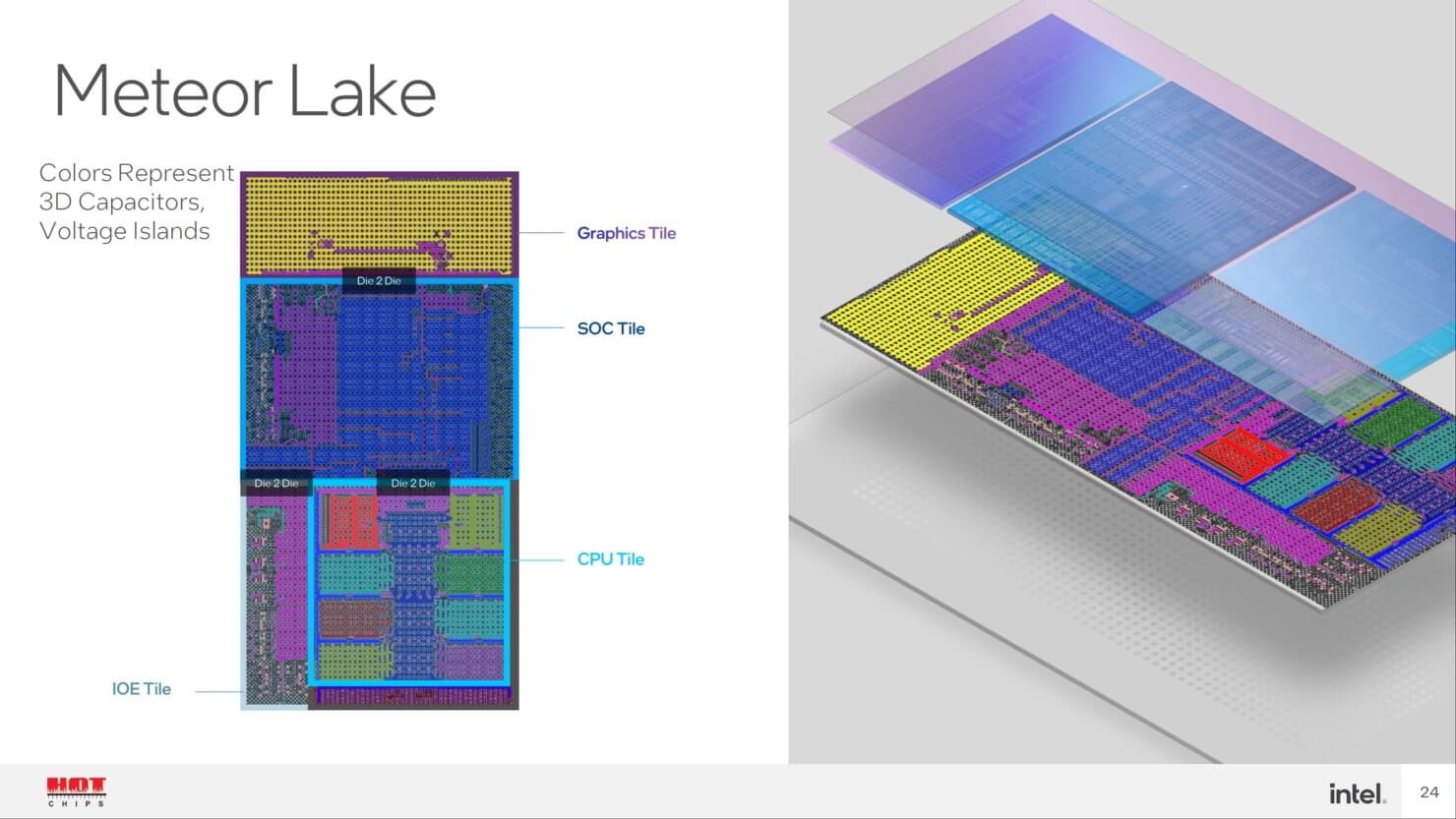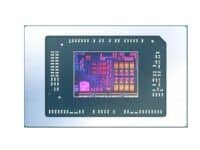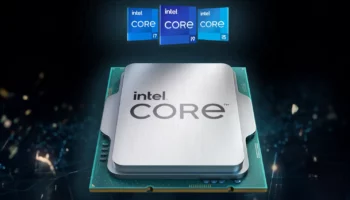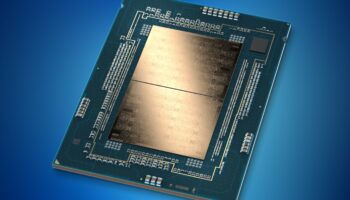Intel has reported its Q3 2022 earnings with hefty drops across the Client and Datacenter businesses. The chipmaker’s overall revenue fell by 15% YoY, most of which came from the Data Center segment. The Client Computing Group wasn’t much better off either, as the PC market squeezed vendors left and right. Mobileye was the only division in the green, but its meager contribution of $450M to the overall $15.3B revenue makes it relatively insignificant.

On the bright side, Intel’s internal foundries seem to be doing well. All the advanced process nodes are on track for volume production per the IDM 2.0 timeline. The 4nm process will be used to fab the 14th Gen Meteor Lake processors in the coming months. The production stepping will be taped out by the end of the year shortly followed by mass production and shipping. The mobile devices featuring these processors should land in the second half of 2023, if not earlier.
The 3nm node will be server-only, and the first wave of Xeons leveraging it should make an appearance in H1 2024. The 3nm and 4nm processes will be the first from Intel to take advantage of EUV lithography, substantially improving logic density and power efficiency. TSMC launched its first EUV chips quite a while back as refinements of the N7 (7nm) node.
Finally, we’ve got the big two: 20A and 18A, or 2nm and 1.8nm. Intel has confirmed that the first internal samples based on these cutting-edge nodes have been taped out, and test chips for a “major potential foundry customer” are now running in labs. We’re almost certainly talking about Qualcomm, one of the first chipmakers to approve of the IDM 2.0 initiative.
The Foundry Division continued to operate under loss. The operating loss rose to $103 million, a steep increase over the previous year’s $44 million figure.

- Intel 4: Progressing towards volume manufacturing; expect to tape out the production stepping of Meteor Lake in Q4
- Intel 3: Remains on schedule; Intel 3 and 4 are the first nodes deploying EUV and will represent a significant step forward in terms of transistor performance per watt and density
- Intel 20A and 18A: Taped out first internal test chips and those of a major potential foundry customer with silicon running in the fab






